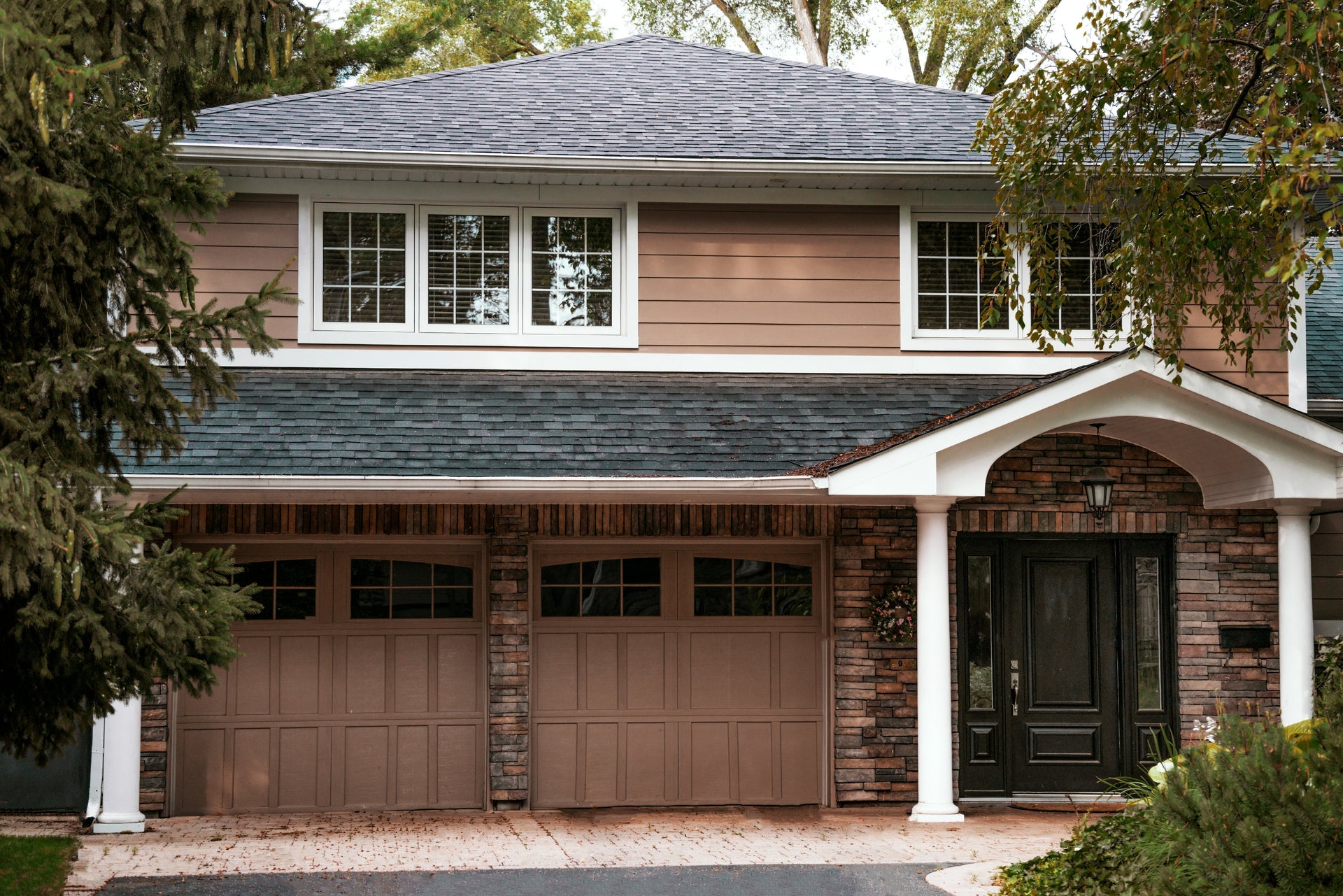
Things Every Homeowner Should Know: Essential Maintenance Tips
Owning a home is a rewarding experience, but it also comes with its fair share of responsibilities. Regular maintenance can save you time, money, and headaches in the long run. Whether you’re a new homeowner or have owned your home for years, these essential maintenance tips will help you keep your property in top shape.
1. Know Where Your Shut-Off Valves Are
Emergencies happen, and knowing how to quickly shut off water, gas, or electricity can prevent significant damage.
- Water Main: Locate your water shut-off valve, typically in the basement, crawl space, or near the water meter.
- Gas Line: Know where your gas shut-off valve is, and ensure you have the right tool to turn it off if needed.
- Electrical Panel: Familiarize yourself with the circuit breakers in your electrical panel to quickly cut power during an emergency.
2. Change Your Air Filters Regularly
Clogged air filters can reduce HVAC efficiency and air quality.
- How Often: Change filters every 1-3 months, depending on the filter type and household conditions (pets, allergies, etc.).
- Tip: Set a reminder on your phone to stay consistent.
Clean air filters help maintain a comfortable and energy-efficient home.
3. Check for Water Leaks
Even small leaks can lead to significant water damage and higher utility bills.
- Inspect Faucets: Regularly check under sinks and around fixtures for drips.
- Check Your Water Heater: Look for puddles or rust near the base.
- Monitor Your Water Bill: Sudden increases could indicate a hidden leak.
Fixing leaks early prevents costly repairs down the road.
4. Clean Your Gutters and Downspouts
Clogged gutters can lead to water damage, foundation problems, and pest infestations.
- Frequency: Clean gutters at least twice a year—once in the spring and again in the fall.
- Check for Damage: Look for cracks or loose brackets while cleaning.
- Tip: Install gutter guards to minimize debris buildup.
Clear gutters help direct water away from your home’s foundation.
5. Test Smoke and Carbon Monoxide Detectors
Safety first! Ensure your home is equipped with functioning detectors.
- How Often: Test alarms monthly and replace batteries at least once a year.
- Replace Units: Replace smoke detectors every 10 years and carbon monoxide detectors every 5-7 years.
Working alarms save lives and provide peace of mind.
6. Maintain Your HVAC System
Proper HVAC maintenance ensures efficiency and extends the lifespan of your system.
- Schedule Annual Inspections: Have a professional service your HVAC system before heating or cooling seasons.
- Clean Vents: Vacuum air vents and return grills to improve airflow.
- Tip: Keep furniture and curtains away from vents to allow for proper circulation.
Regular maintenance keeps your home comfortable year-round.
7. Inspect Your Roof and Attic
Your roof and attic protect your home from the elements, so keeping them in good condition is vital.
- Roof: Check for missing or damaged shingles, and clean off debris to prevent water buildup.
- Attic: Look for signs of leaks, pests, or poor ventilation, which can lead to mold and mildew.
Addressing roof issues early prevents costly water damage.
8. Keep Your Drains Clear
Prevent clogs and backups with regular drain maintenance.
- Avoid Pouring Grease: Don’t pour grease or oil down the drain; it can harden and cause blockages.
- Use Drain Screens: Place screens over drains to catch hair and debris.
- DIY Cleaners: Use a mixture of baking soda and vinegar to keep drains fresh and clear.
Taking care of your drains helps avoid plumbing emergencies.
9. Maintain Your Water Heater
A well-maintained water heater ensures hot water when you need it and extends its lifespan.
- Flush It Annually: Drain the tank to remove sediment buildup that can reduce efficiency.
- Check the Pressure Relief Valve: Test the valve to ensure it’s functioning properly.
- Set the Temperature: Keep the thermostat at 120°F to prevent scalding and save energy.
Routine maintenance keeps your water heater running smoothly.
10. Keep an Eye on Your Foundation
Your home’s foundation is critical to its structural integrity.
- Inspect Regularly: Look for cracks, gaps, or pooling water around the foundation.
- Grade Your Yard: Ensure the ground slopes away from your home to direct water away.
- Tip: Install a sump pump in areas prone to flooding.
Catching foundation issues early prevents costly structural repairs.
11. Check Exterior Sealing and Caulking
Cracks in exterior seals can let in moisture, pests, and drafts.
- Inspect Annually: Look around windows, doors, and siding for gaps or cracks.
- Re-Caulk as Needed: Remove old, deteriorated caulk and apply a fresh seal.
Proper sealing protects your home from the elements.
12. Know When to Call a Pro
While DIY maintenance is cost-effective, some tasks require professional expertise.
- Electrical Repairs: Leave wiring and electrical panel work to licensed electricians.
- Roof Repairs: Hire a professional for high or complex roof repairs.
- Major Plumbing Issues: Call a plumber for burst pipes or sewage backups.
Knowing your limits ensures tasks are done safely and correctly.
Final Thoughts
Home maintenance doesn’t have to be overwhelming. With regular upkeep and a proactive approach, you can protect your investment and enjoy a safe, comfortable living space. By following these tips, you’ll not only save money but also keep your home in excellent condition for years to come.
